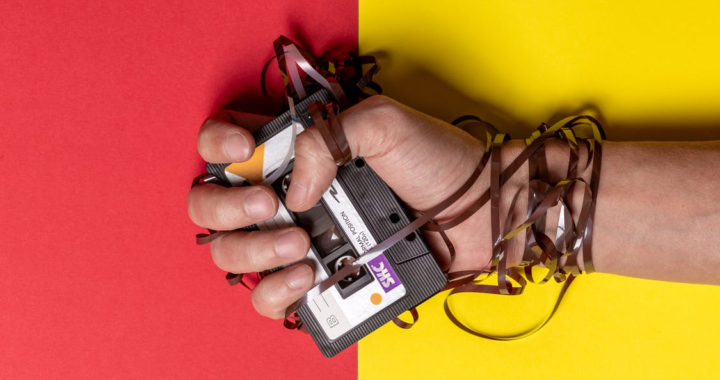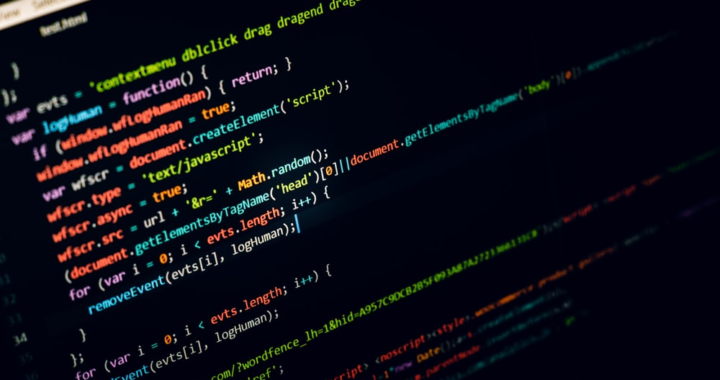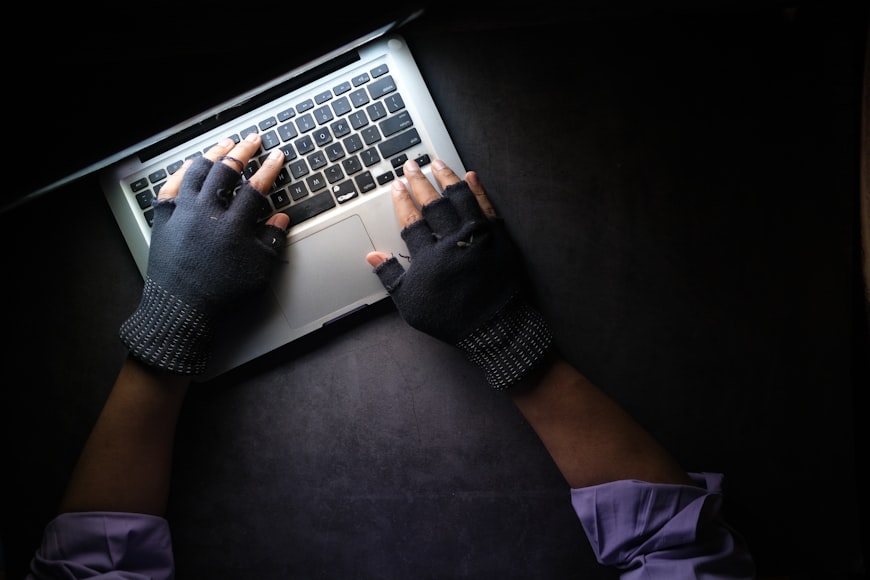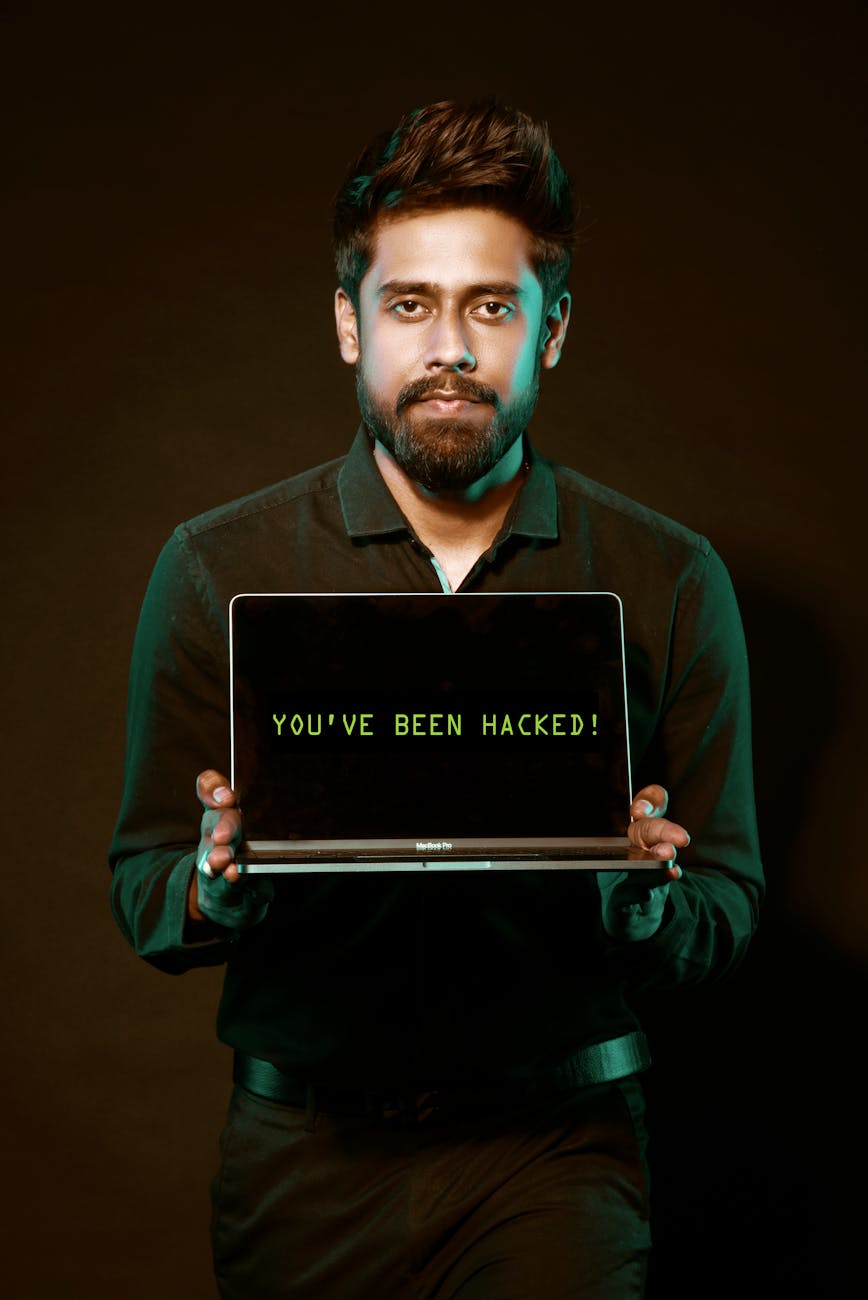Being an eye-witness to murder or even being charged with homicide can be traumatizing. According to a recent report, the murder and homicide rate in the United States was 6.52 percent in 2020. Also, per the CCJ report, homicide rates fell by 2% in the first half of 2022.
Ever wondered how many kinds of murders are there after watching “Child’s play”? Is there a difference between these killings? Most people often get confused between homicide, murder, and manslaughter.
They read the headlines or watch slasher movies and wonder why one murder convict gets a jail term while another gets incarceration for manslaughter. When people encounter terminology like “felony murder,” it becomes more perplexing. In the end, aren’t they all violent crimes?
It’s a prevalent misconception that murder and homicide are synonymous things. These two offenses differ from one another in terms of the law. Each one has a harsh punishment.
The aspects of homicide and murder necessitate a more thorough examination of both criminal codes. For that matter, Eclipse Forensics has compiled a guide to help you understand the difference between a homicide and murder.
Take a look at this guide to understand the main distinction between the two terms.
What Is Homicide?
We frequently associate murder and manslaughter with the phrase “homicide.” These are only two kinds of homicides. Homicide includes all types of murder, including those committed intentionally, negligently, or recklessly. It also includes legal killings such as those committed in self-defense, manslaughter, murder, and state-sanctioned killings.
What Is Murder?
Murder is a category of homicide in which a person kills another person. The following are the common types of murders:
1. First-Degree Murder
It is defined as a planned murder. For example, O.J. Simpson was accused of 2 first-degree murders, one of his ex-wife and another of an un-related citizen. The prosecutor filed the charges based on evidence found at the murder site, such as a bloody glove and information that Simpson may have monitored his spouse before the murders.
2. Second-Degree Murder
It is any murder committed without any premeditated motive. A famous example of a second-degree case is the George Zimmerman lawsuit. George shot Trayvon Martin African-American high school student, without any premeditated motive back in 2012.
3. Felony Murder
Let’s imagine that Bonnie and Clyde commit a bank robbery. Clyde shots the security personnel during a fight. Later he is charged with first-degree murder. Bonnie was accused of committing felony murder as she actively participated in the felony crime when the worker died.

How Can A Forensic Expert Help You?
You need to be aware of your choices and how to act if you’ve been accused of a criminal offense or if you intend to sue someone. Working with knowledgeable digital forensics professionals will help you reach a fruitful and satisfying solution for your case.
Expert digital forensic engineers are equipped with the necessary tools to examine digital evidence without turning on a computer. As a result, firms must always use professionals to collect and restore data.
Hire A Professional Forensic Expert In Florida
If you’re looking for qualified and trustworthy digital forensics specialists, get in touch with Eclipse Forensics in Florida. Our team has substantial knowledge and experience in collecting, assessing, and providing digital evidence in judicial cases. Call us right away for additional information about our digital forensic solutions.



















